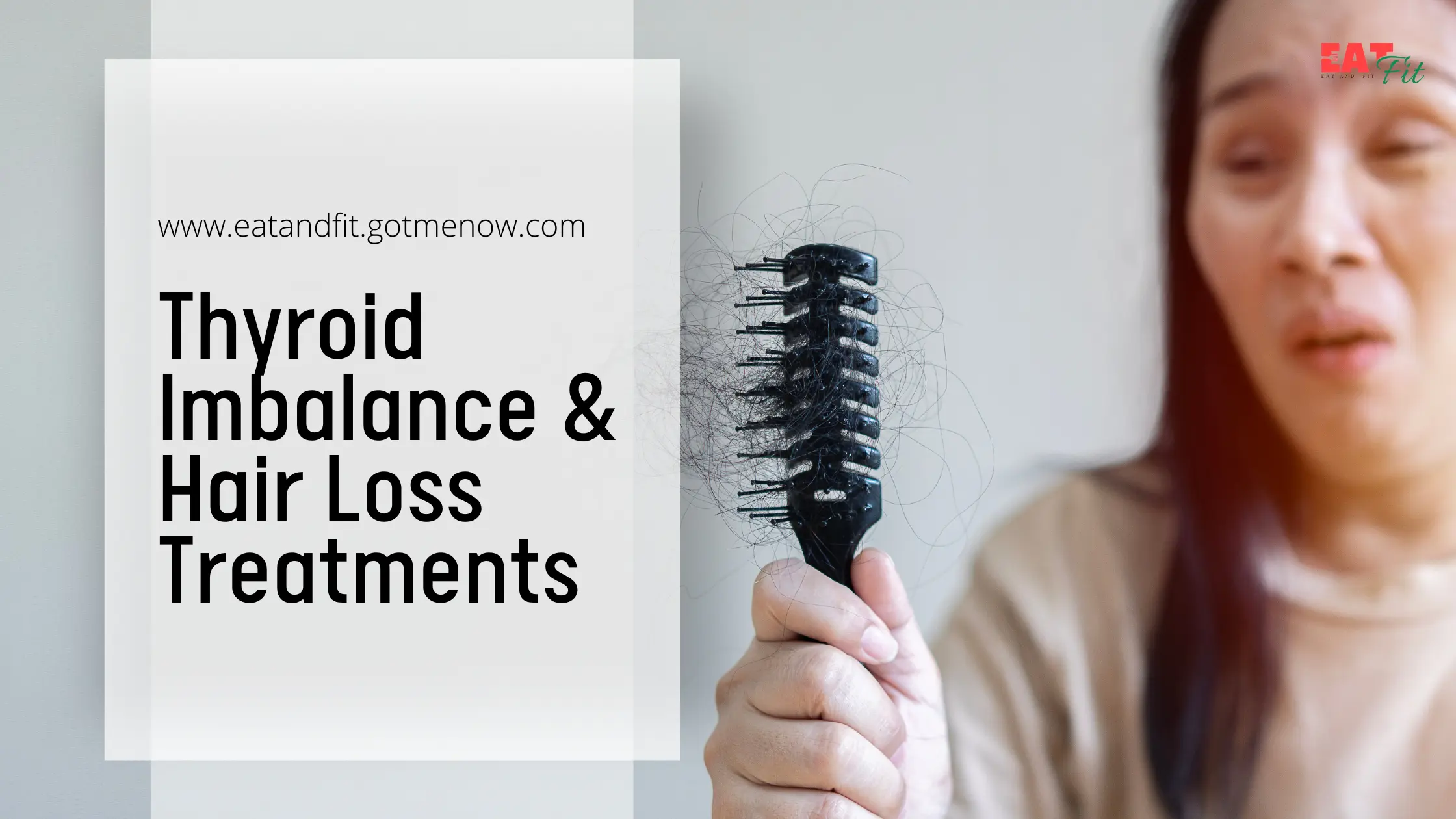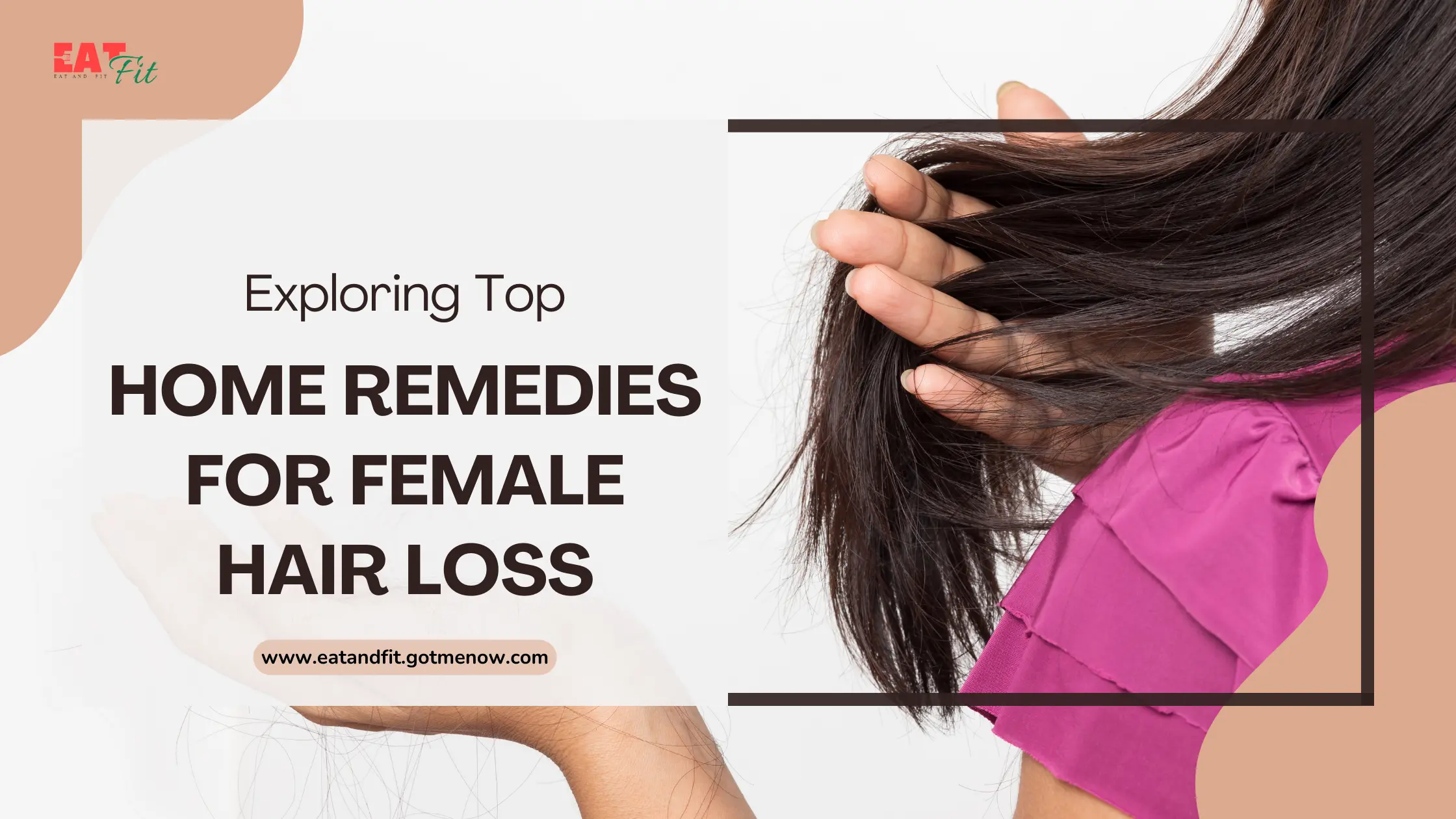Conquering Hypothyroidism-Related Hair Loss: A Comprehensive Treatment Guide
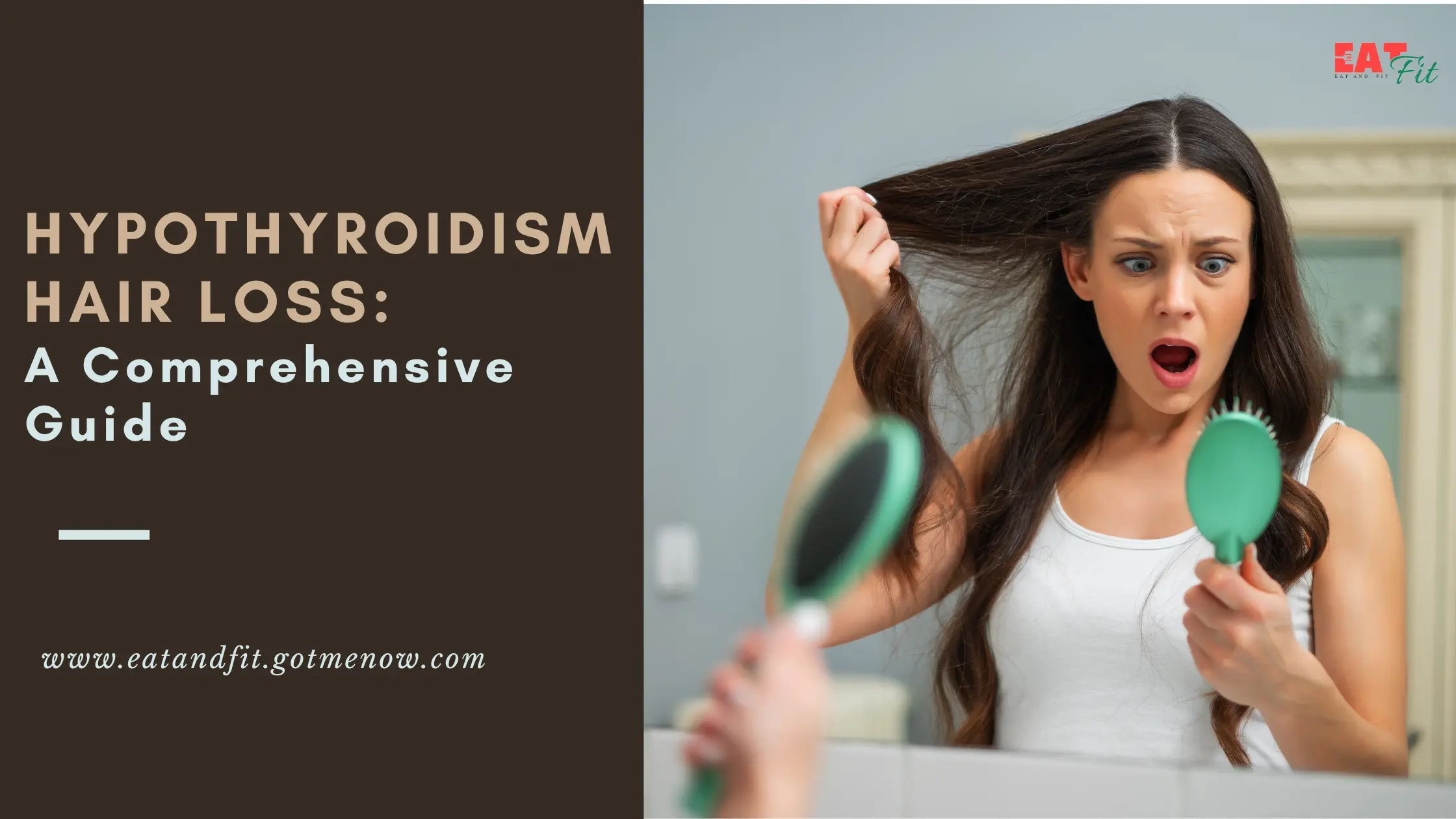
Table of Contents
- Introduction
- Understanding Hypothyroidism and Hair Loss
- Causes of Hair Loss in Hypothyroidism
- Conclusion
Introduction
Hair loss can be distressing for anyone, but when it’s linked to a medical condition like hypothyroidism, it can be particularly concerning. Hypothyroidism, a condition where the thyroid gland doesn’t produce enough hormones, can wreak havoc on various bodily functions, including hair growth. In this comprehensive guide, we’ll delve into the causes of hair loss in hypothyroidism and explore effective treatment options to address this issue.
Understanding Hypothyroidism and Hair Loss
The thyroid gland plays a crucial role in regulating metabolism, energy levels, and overall health. When the thyroid gland is underactive, as is the case in hypothyroidism, it leads to a slowdown in bodily functions, including hair growth. The thyroid hormone is essential for the proper functioning of hair follicles, and a deficiency can result in hair thinning and loss.
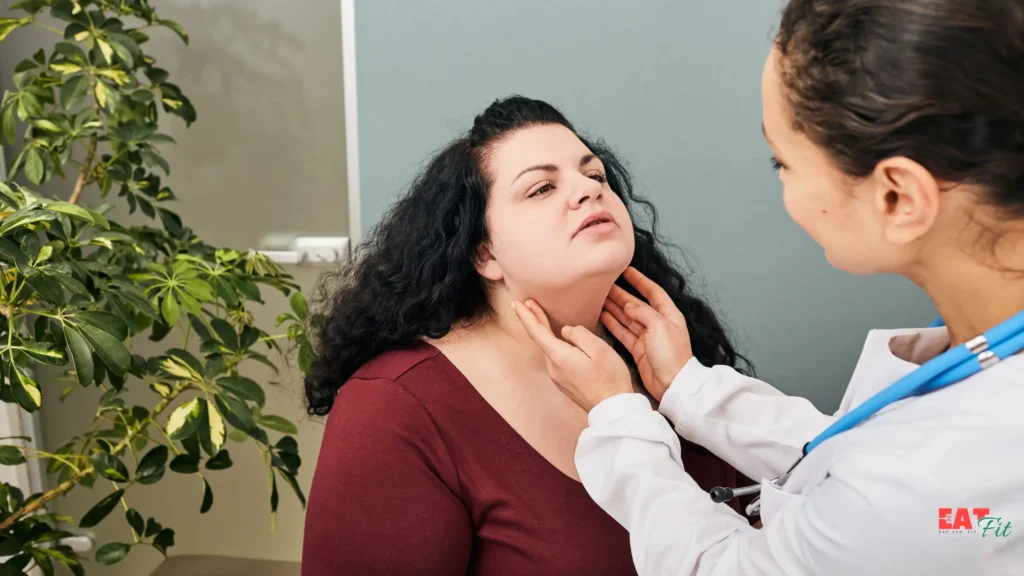
Causes of Hair Loss in Hypothyroidism
Hair loss in hypothyroidism can be attributed to several factors:
1. Hormonal Imbalance: Insufficient levels of thyroid hormones disrupt the hair growth cycle, leading to premature shedding of hair and decreased hair density.
2. Decreased Nutrient Absorption: Hypothyroidism can affect the body’s ability to absorb essential nutrients like iron, zinc, and biotin, which are vital for healthy hair growth.
3. Scalp Conditions: Dry, flaky scalp and reduced sebum production, common in hypothyroidism, can contribute to hair breakage and loss.
Understanding Hormonal Hair Loss Treatment: Strategies and Solutions
Treatment Options for Hypothyroidism-Related Hair Loss:
1. Thyroid Hormone Replacement Therapy
- The primary treatment for hypothyroidism involves replacing deficient thyroid hormones with synthetic thyroid hormone medications like levothyroxine.
- Properly managed thyroid hormone levels can help restore normal bodily functions, including hair growth.
2. Nutritional Supplements
- Supplementing with vitamins and minerals essential for hair health, such as iron, zinc, selenium, and biotin, can support hair growth in individuals with hypothyroidism.
- Consultation with a healthcare provider is crucial to determine appropriate supplement dosages and prevent adverse effects.
Harnessing the Power of Aloe Vera: A Natural Solution for Hair Loss Treatment
3. Scalp Care
- Regular scalp massage with nourishing oils like coconut oil or jojoba oil can improve blood circulation to the scalp and promote hair growth.
- Using mild, sulfate-free shampoos and conditioners can help maintain scalp health and prevent further hair damage.
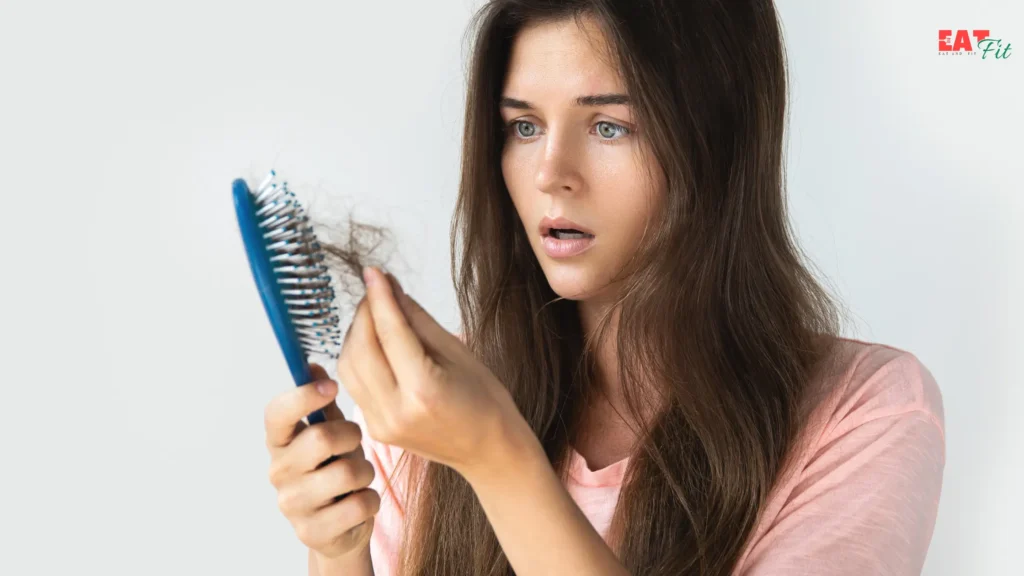
4. Lifestyle Modifications
- Adopting a balanced diet rich in fruits, vegetables, lean proteins, and whole grains can provide essential nutrients for healthy hair growth.
- Managing stress through relaxation techniques such as yoga, meditation, or deep breathing exercises can help reduce hair loss associated with hypothyroidism.
5. Topical Treatments
- Some individuals may benefit from topical treatments containing minoxidil, a medication that promotes hair growth by widening hair follicles and prolonging the growth phase of the hair cycle.
- Prescription-strength corticosteroid creams or lotions may also be recommended to reduce inflammation and itching associated with scalp conditions in hypothyroidism.
Conclusion
Hypothyroidism-related hair loss can be a challenging symptom to manage, but with the right treatment approach, significant improvements can be achieved. Thyroid hormone replacement therapy, along with nutritional supplements, scalp care, lifestyle modifications, and, if necessary, topical treatments, can help restore hair health and confidence in individuals with hypothyroidism. It’s essential to work closely with healthcare professionals to tailor a treatment plan that addresses individual needs and concerns, ultimately promoting optimal hair growth and overall well-being.







